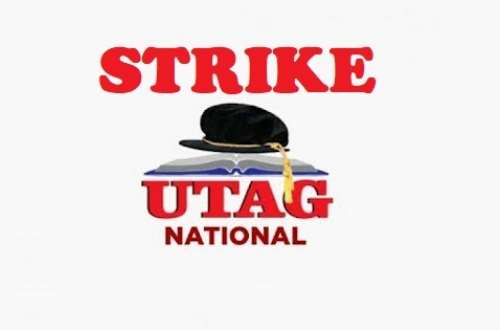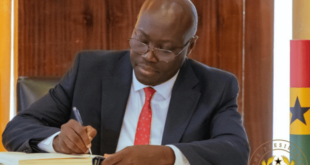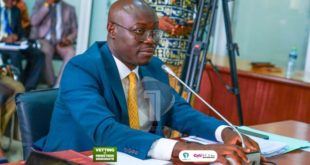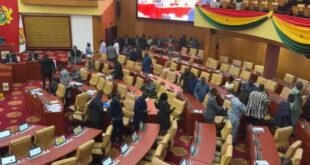
The University Teachers Association of Ghana (UTAG) is standing firm on its decision to initiate a nationwide strike, pointing to the government’s alleged lack of meaningful engagement in negotiations related to their conditions of service.
Dr. Eliasu Mumuni, the General Secretary of UTAG, emphasized that discussions around base pay, particularly concerning market premiums, are central to the reconsideration of their strike decision. Addressing reporters in Accra, Dr. Mumuni revealed that UTAG members would soon announce a specific start date for the impending strike.
Dr. Mumuni stressed the pivotal role of collective permission from the membership, stating, “We need that collective permission for membership to say we are behind you, so go ahead.” He added that during this period, they are actively engaging with the National Labour Commission (NLC) to push forward discussions on their conditions of service with the government.
Highlighting the urgency, Dr. Mumuni underscored the importance of involving all 15 campuses’ membership in the decision-making process and actively prompting the Labour Commission within the designated timeframe. If no resolution is achieved within this period, UTAG remains prepared to proceed with the planned nationwide strike.
In a recent turn of events, both UTAG and the Technical University Teachers Association of Ghana (TUTAG) walked out of a meeting with the Fair Wages and Salaries Commission (FWSC). The associations expressed dissatisfaction with what they perceived as the commission’s bad faith, contempt, and lackadaisical approach to discussions on critical aspects of their conditions of service.
UTAG and TUTAG firmly stated that they would not partake in meetings that fail to produce tangible benefits. They issued a warning, asserting that the voices of university lecturers would soon be heard in a manner better comprehended by the employer or the government. As tensions escalate, the fate of higher education in Ghana hangs in the balance, awaiting resolution between the academic unions and the government.
 GhArticles.com Every News in Detail
GhArticles.com Every News in Detail



